You are here
Back to topBringing Modern Floriculture to China in Yunnan's Luxi County
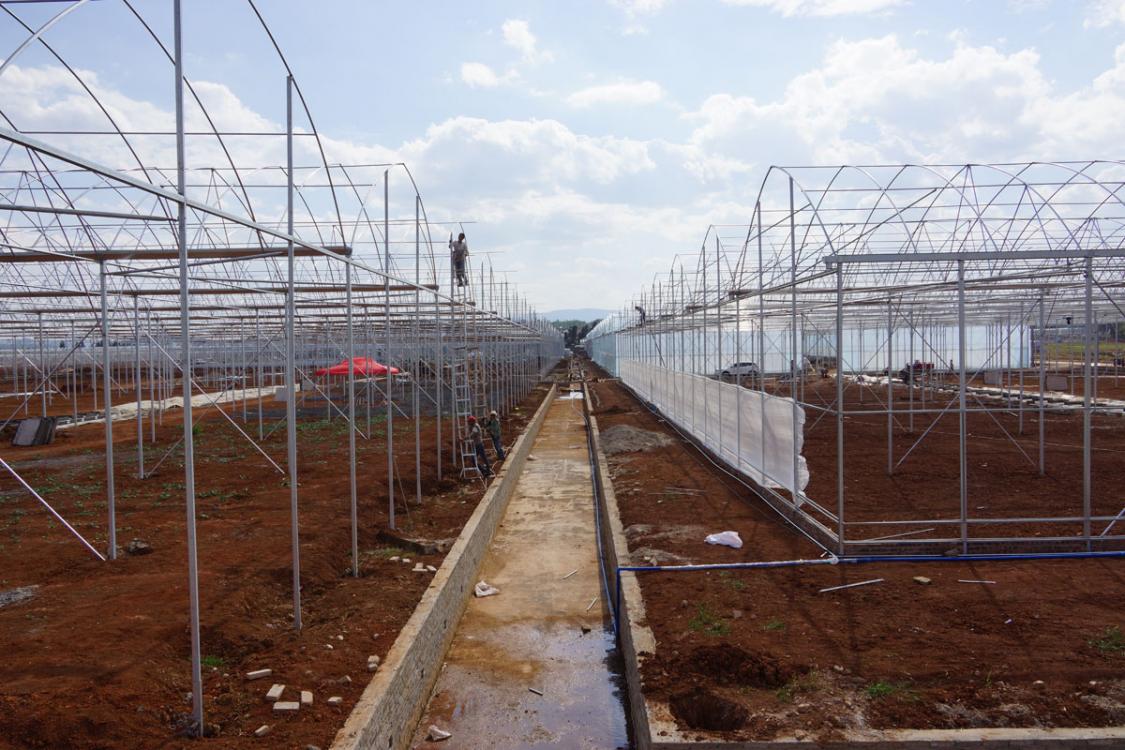
New greenhouses being constructed in Luxi by Brighten Group.
In Luxi county of China’s Yunnan province, rows of newly constructed greenhouses stretch out toward the horizon, pointing the way toward the future for China’s flower industry.
Yunnan, in the nation’s southwest, is the center of China’s fresh cut flower production, with more than 11 billion stems of cut flowers per year accounting for around ¾ of the total national output. The province also produces no small amount of potted flowers and plants.
The greenhouses in Luxi county are part of a government-invested production cluster that features more than 1,600 hectares of closely-packed land devoted to flower production. This is alongside more land set aside for related industries like flower processing, cold storage and logistics depots. The Luxi county cluster is one of several similar projects in the works across Yunnan. Officials hope that these projects will help to solve several problems that they fear are holding back the development of the flower industry in Yunnan.
Foremost is that, amid surging domestic demand, growers cannot simply grow more flowers. They also need to upgrade the quality and range of varieties they produce in order to keep up with a broad shift in consumer preferences toward better and more diverse types of flowers.
But in Yunnan, as in the rest of China, land reforms have divided most agricultural land into extremely small plots of a fraction of a hectare, which are worked by individual households. Farmers working on such small plots of land often do not have the resources to research consumer trends or take the risk of paying upfront royalties to access newer varieties.
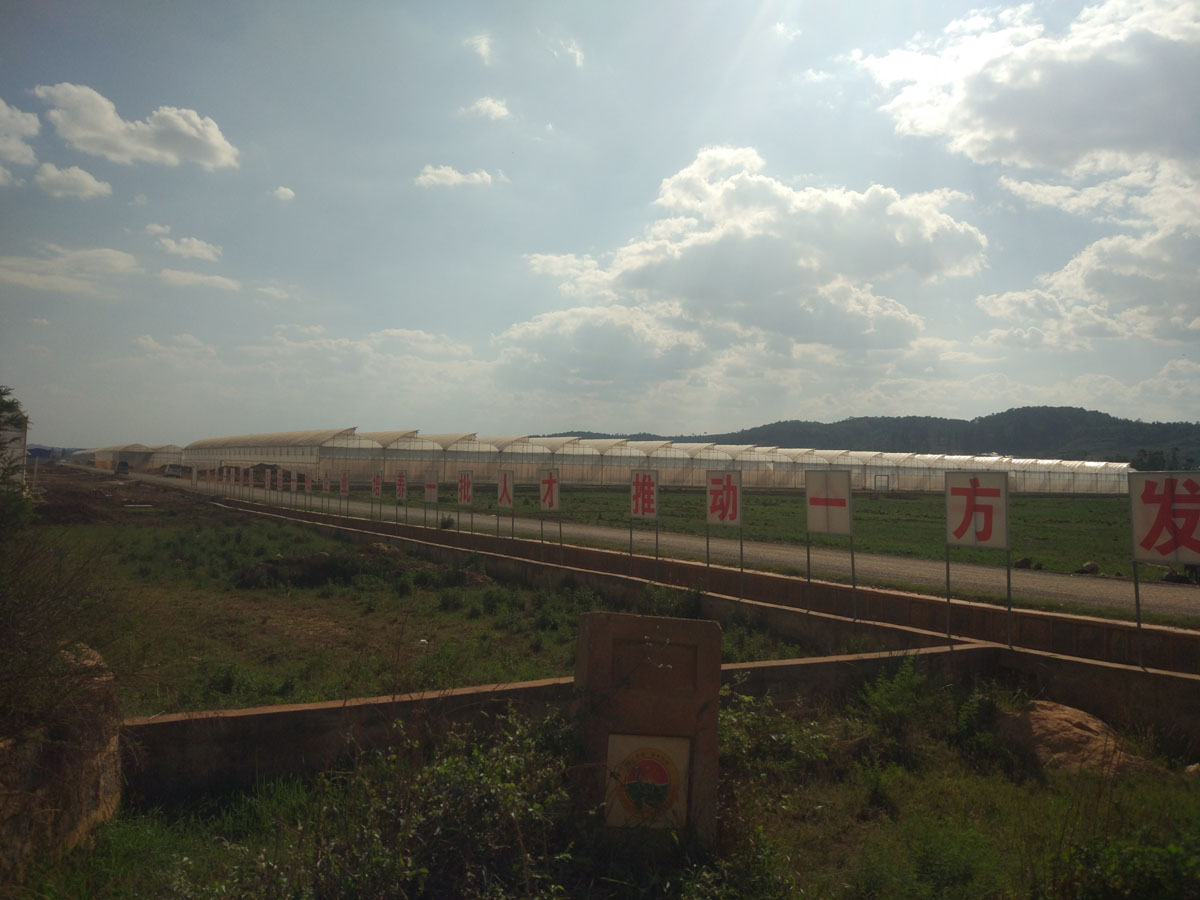
Government-backed production clusters can help solve this problem in a few ways. First, a major role they play is to consolidate small pieces of land into large, contiguous tracts that will be more attractive targets for investment by larger, more professional growers that have the resources to invest in technology and new varieties. Additionally, even without consolidation, having farmers in closer proximity with other can encourage more sharing of knowledge among them about modern techniques and what varieties are coming into demand.
Logistics is another problem in Yunnan, which is tucked away against Myanmar, Laos and Vietnam. It is far from China’s major flower consuming markets in the country’s east and south, which makes preserving the cold chain all the more important. Provincial officials hope more concentrated production will make it more tempting for cold logistics providers to cold storage and shipping facilities adjacent to the production clusters.
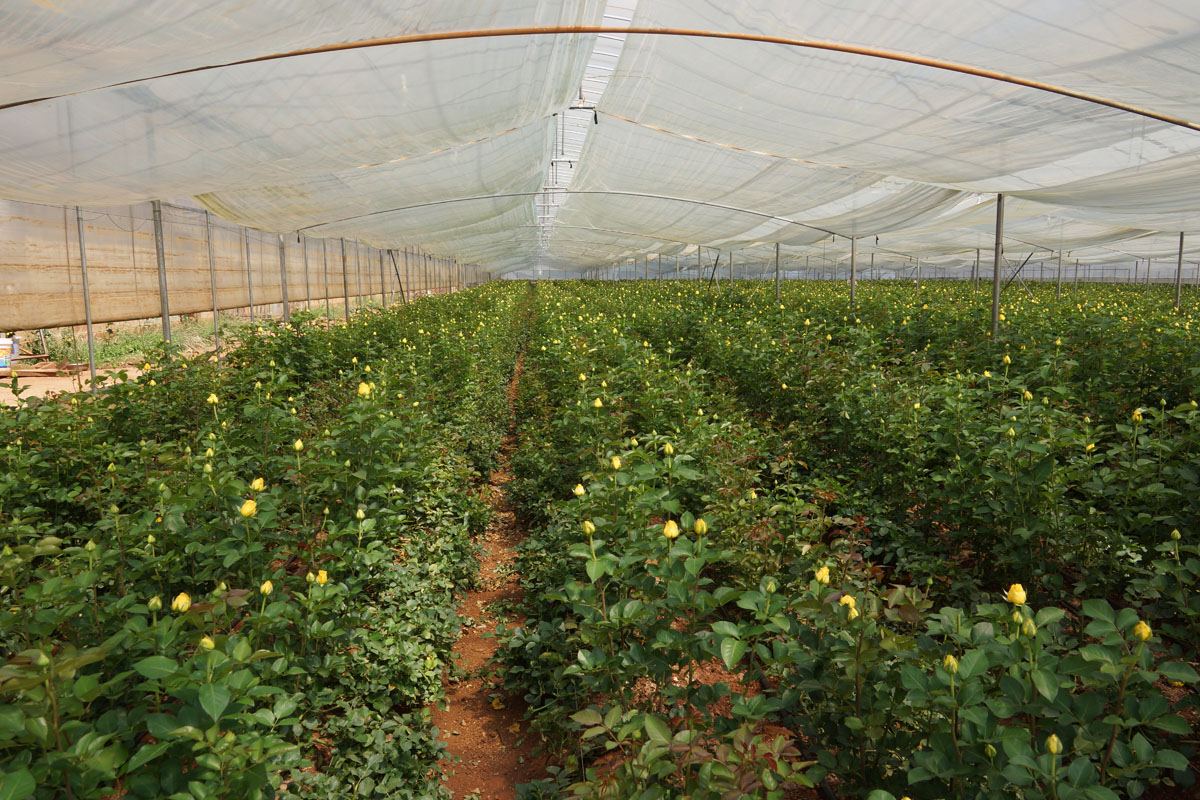
“Demonstration areas can allow us to centralize good growers, streamline property rights and land management, provide infrastructure and attract logistics companies like S.F. to set up logistics centers nearby,” says an official from the Yunnan Agriculture Department’s Flower Industry Division. The Flower Industry Division is one of the key organizers for the Kunming International Flower Expo (KIFE), which was held from July 13 through 15 in Yunnan’s capital of Kunming. The Luxi production cluster was among the more than 300 exhibitors at the show.
The man overseeing the Luxi production cluster is Shengyun LIU, Deputy Director of the Luxi County Department of Agriculture and Technology.
Liu hopes to attract big domestic and international flower producers to set up operations here so that, over time, local people will learn more advanced flower growing techniques and ultimately raise their incomes and standards of living. He takes this aspect of the project very seriously.
During a tour of a new 66-hectare greenhouse complex being constructed by Brighten Group, a major domestic producer of fresh cut and potted flowers, Liu points out that all of the greenhouses are equipped with water recycling systems.
“If companies don’t want to bring with them the highest levels sustainable floriculture with them,” says Liu, “then we don’t want them here.”



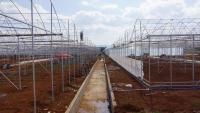
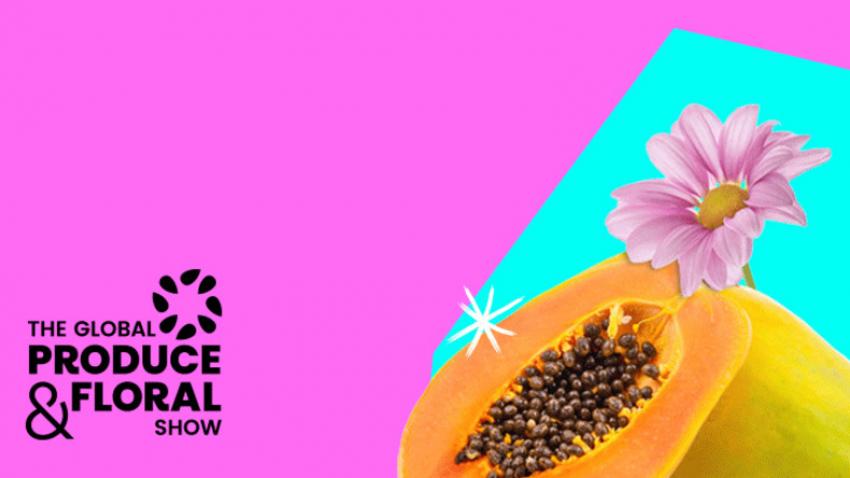
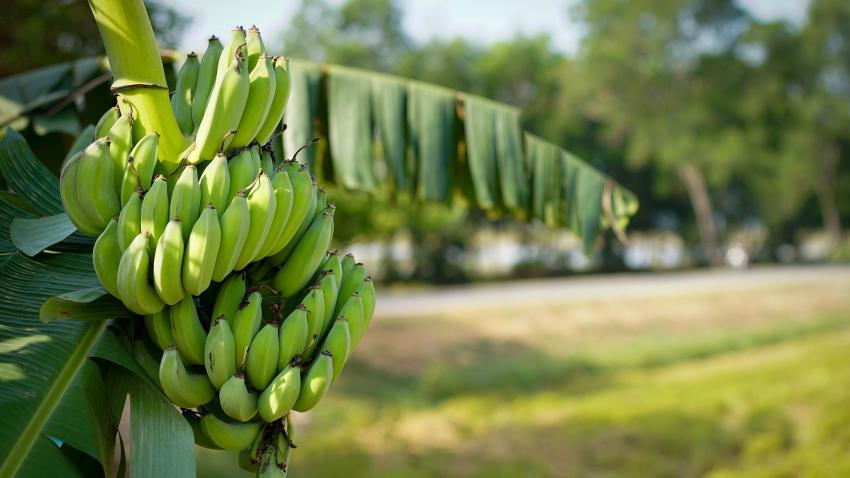

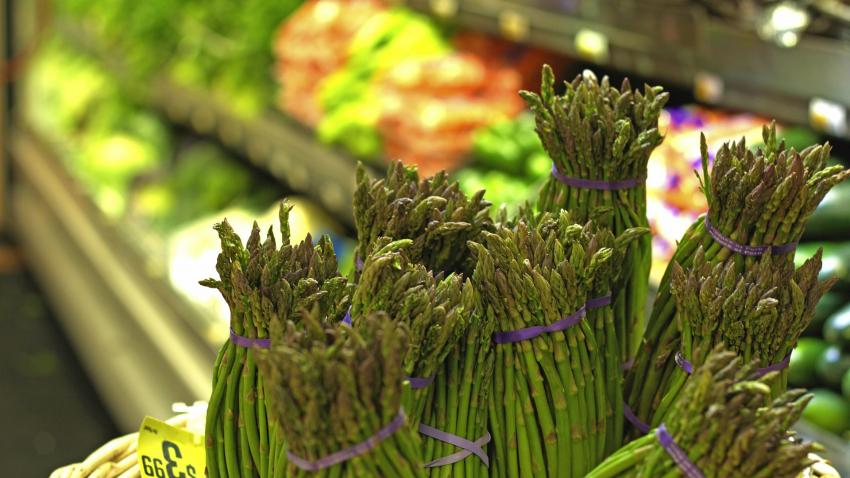







Add new comment